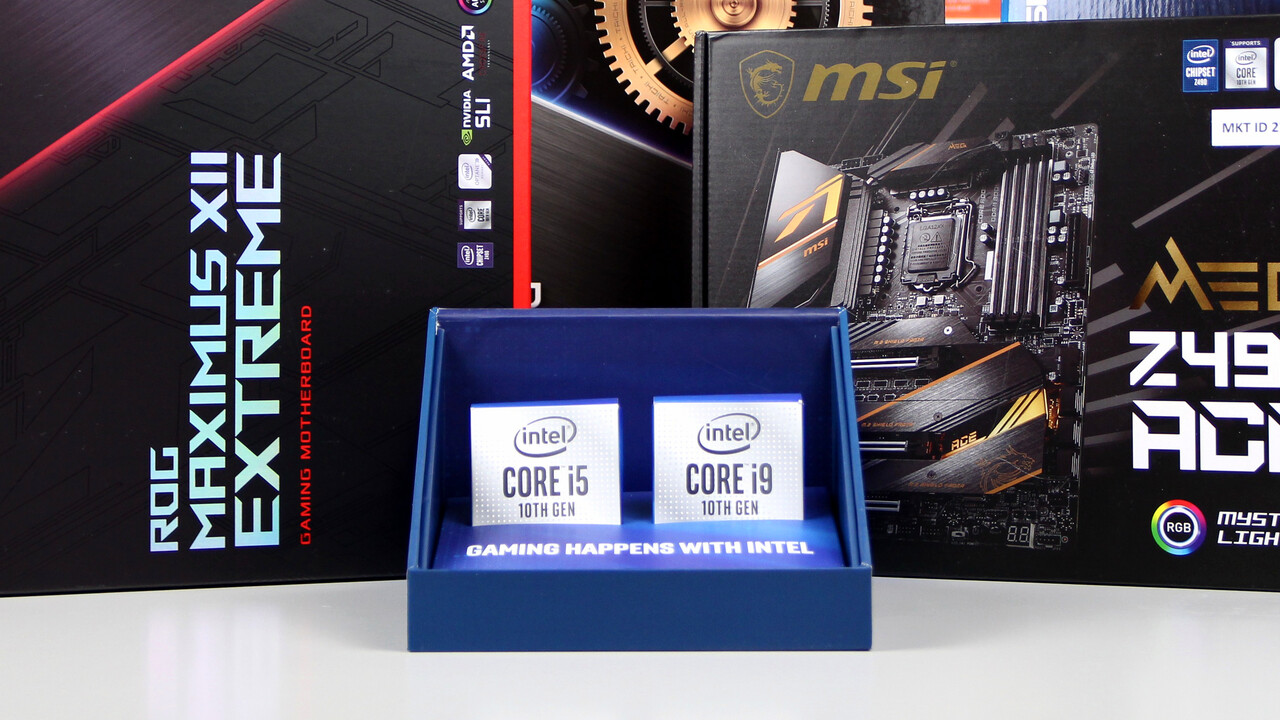You have a correct and valid point. If you need heavy parallelizable work, Ryzen is better all around. The 10900K is just an afterthought without much of a good market.
But, Zucker2k has a valid point too. For a large swath of people, the vast majority of their work is perfectly fine on a 4 core computer, but they occasionally have the need for more power. I'm a great example. Most of my day is spent on a computer (at work and often at home). But, my work is usually light. 4 core processors are great for me. Except, once a month I have a heavy compute task. I might rip some DVDs, perform a heavy Excel calculation, or heck even run some of my own code that needs more muscle. It is great to have backup power available for those situations. Snappy in most work, extra cores available when needed. That is where the i5, i7, and possibly i9 come in.
Now, stop thinking about it like a DIYer, and look at the
total system cost for what non-DYI buyers actually buy. Here are all of Dell's desktop computers:
Shop Dell Desktops Computers & All-in-One PCs. Discover the latest XPS, Inspiron, OptiPlex and Precision desktops or Gaming PCs. Free shipping & returns.

www.dell.com
- Click i3, 10th Generation, and ignore the crap 4 GB model. $470.39
- Click i5, 10th Generation. $538.99. 2 more cores than the i3 for the cost of dinner. I'm willing do to that.
- Click i7, 10th Generation. $764.39. 4 more cores than the i3. But also more memory and a SSD. That is a tough choice. 63% more money for double the cores, faster frequencies, more memory, and a decent hard drive. I'd probably do that even if I don't need the other cores.
- Click i9, 10th Generation. Can't buy. Dell won't have it available for a couple more weeks. Again Hitman, you are correct, the 10900K is not for me.
- Click Ryzen. Cheapest is $1009.39. Yes, it is quite a better machine. But, I can't possibly justify 2.15x the cost for components I really don't need or even want.
That is where Intel wins: off the shelf good OEM machines. AMD has the high end won. But most of us don't need the high end. Then what is left that isn't high-end and is AMD generally is crap, if anything is available at all. AMD needs to get rid of their low-cost image in low-cost machines. We need a true middle ground machine purchasable today at all OEMs.
Honestly a couple hundred dollars is nothing to a large swath of Americans. That is why the i5 and i7 sell. More future proof, and have the oomph for the few times we need the more power. But, to get a good medium speed AMD system off the shelf is just not easy without looking around a lot.








